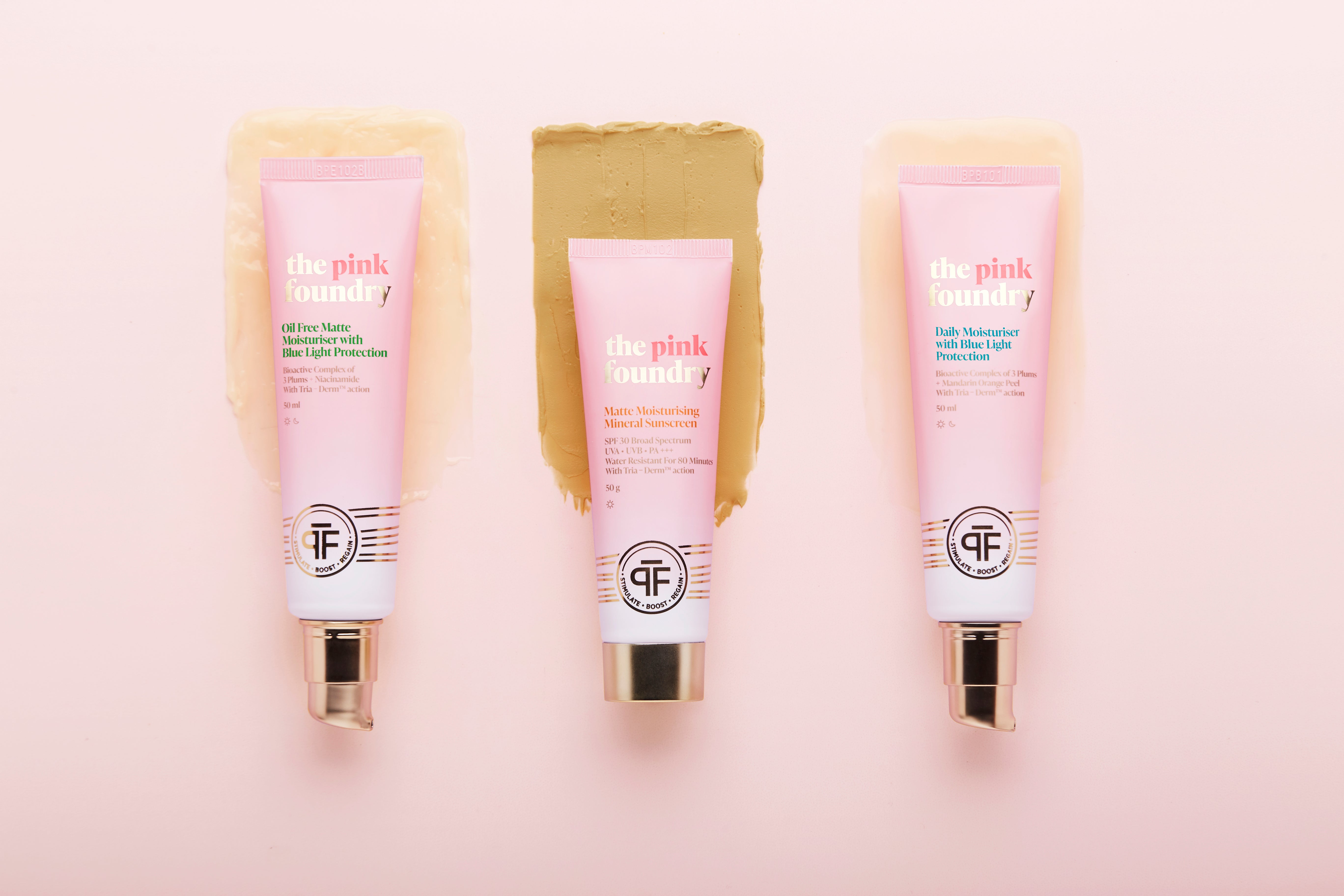
How to apply moisturizer on face?
Moisturizing is an ancient ritual in the books. Our skin’s topmost layer has small molecules of water and lipids (oil). This mixture of lipids and water forms a skin barrier, which is known to protect the delicate skin cells underneath. So, to keep the underlying layers of the skin healthy, moisturizers act as an excellent product in favour of your skin.
Instagram guides, dermatologists, and buzzing influencers have their favourite moisturizing creams, but if you’re a newbie parading into the skincare category, this article will help you along your journey.
So, what is a moisturizer?
The stratum corneum, the outermost layer of the skin, needs replenishment to free itself from the parched or dry-like feeling that one usually feels. On days when the skin feels dry or less plump, a skincare product like moisturizers or moisturizing creams comes in handy. These moisturizers work by imitating the fats, lipids, and water, which the skin naturally produces from time to time.
Now, moisturizers do seep into the dry skin, making it plump. But a less known fact about them – they also repair the sun damage. So, when a moisturizer is applied to the skin, it elevates the skin’s water content and also repairs the sun damage. This may sound like a job of sunscreen, but a moisturizing cream fights the early signs of uncontrollable sun damage too.
How to pick a moisturizer
Skincare is easy, but some ground rules are etched in the rulebook forever. In the category of moisturizers, there are types, textures, concerns, and ingredients to weigh in before you pick one or two for your skincare routine. Let’s see how you can pick one for yourself.
Dry or sensitive skin – Such skin types need both hydrating ingredients and oils to keep the derma (skin) healthy. Look for hyaluronic acid in your moisturizer combined with anti-aging ingredients or actives.
Oily skin – The skin produces sebum (oil) which stays on the topmost layer of the skin, blocking the cellular pathways from absorbing other hydrating ingredients. In such a case, your skin type needs an oil-free moisturizer. Remember to use non-comedogenic ingredients to not clog your pores.
Normal or combination skin – Use a daily moisturizer for combination skin. For normal or combination skin, you could settle down with a paraben-free moisturizer for your skincare routine, which has power-packed ingredients like hyaluronic acid to instantly hydrate your skin cells.
A tip: Check if the label is a moisturizer with SPF while picking a moisturizer. That is a plus!
Also read: Moisturiser Uses and Misconceptions: How to use Face Moisturiser?
How to apply moisturizer to the face
To begin with, keep your CTM (cleansing, toning, and moisturizing) skin routine products on one shelf and take a soft cloth.
- Splash some lukewarm water and wash your face with a cleanser. This applies to all skin types as it positively makes the skin clean and ready to absorb the moisturizer.
- Take a good squeeze or scoop of your moisturizer on your clean palms. Usually, using more products makes the skin dull or sluggish. So, take an almond-size amount of moisturizer, precisely, on your palms.
- Using your fingertips, apply a small amount of moisturizer to all parts of your face – cheeks, forehead, and neck in the same sequence.
- Avoid rubbing the moisturizer and give your face a good massage, using your fingertips in a clockwise direction. Do it in a circular motion.
- Now, use both your palms to gently stroke your neck in an upward direction. This will tighten the skin around the neck area.
The difference between night creams and day creams
Creams used during the day are comparatively lighter and water-based to suit the daily huff and puff. However, night creams are thicker, heavier, and have slightly different ingredients to tackle the skin’s hydration level at night.
But why exactly would one need night creams? Our skin loses water during sleep, so to compensate, night creams with key ingredients come to the rescue. Use Wrinkle Reduction Night Cream or Youth Preserving Moisturizer. They have peptides and natural amino acids, respectively, to keep the skin barrier healthy and improve the skin’s elasticity overnight. Apply night cream before snoozing in to feel the soothing flush of water on your skin.
Also read: 5 Benefits of Moisturizer
Why pick The Pink Foundry Moisturizers?
Whether your skincare routine requires a moisturizing cream for dry skin or water-based moisturizer, The Pink Foundry range of moisturizers has it all. The formulations hydrates skin evenly, prevents acne, and boosts night-time hydration levels of the skin.
Go on, explore our range of paraben-free and hypoallergenic moisturizers, and find one suitable for your skin type for healthier skin!






















































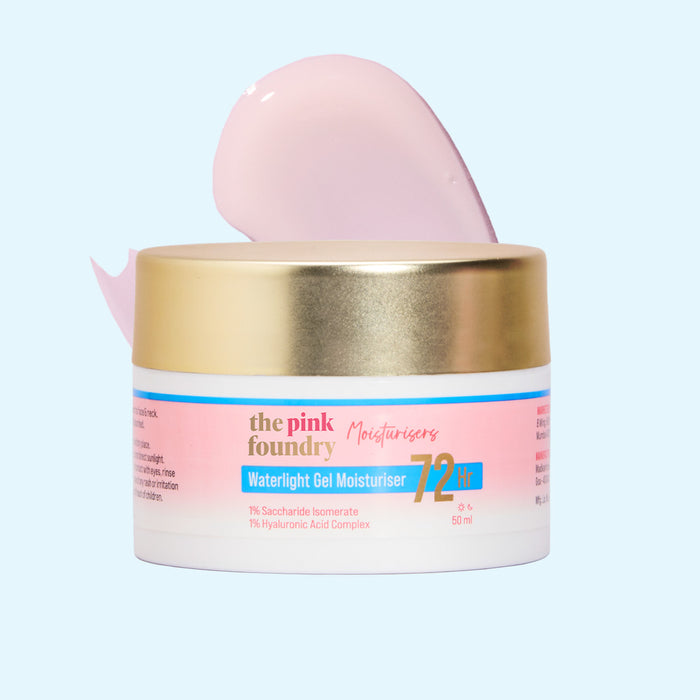
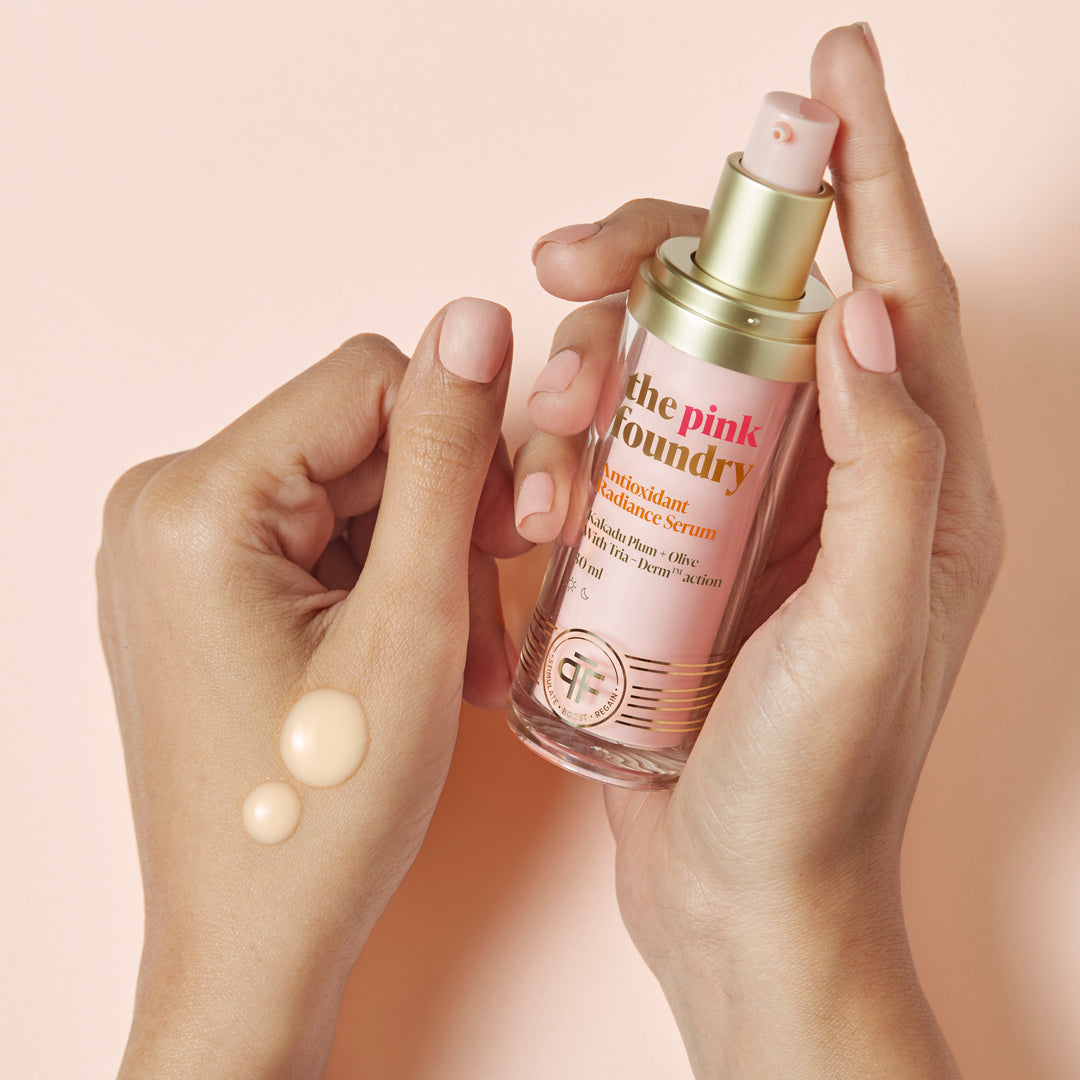
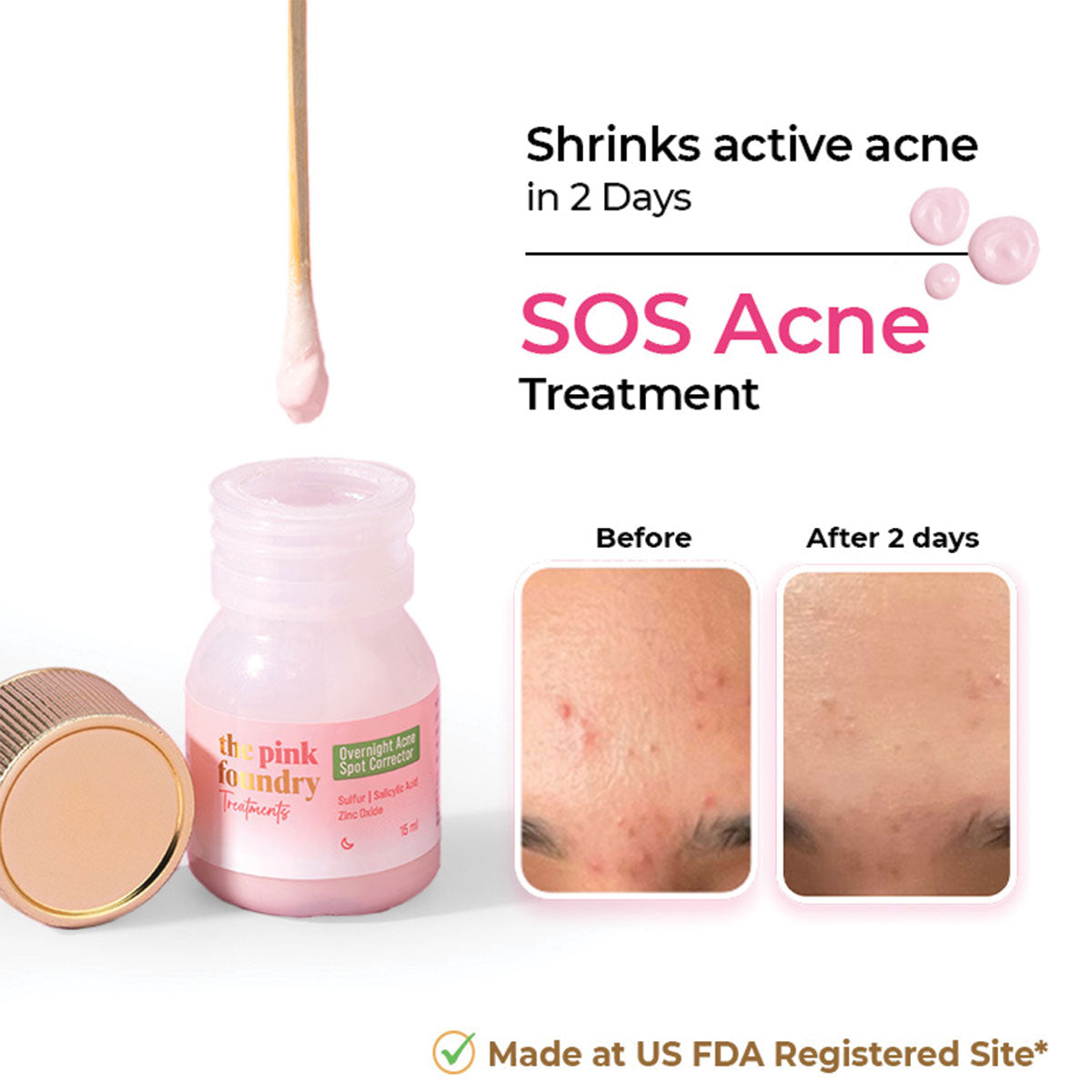
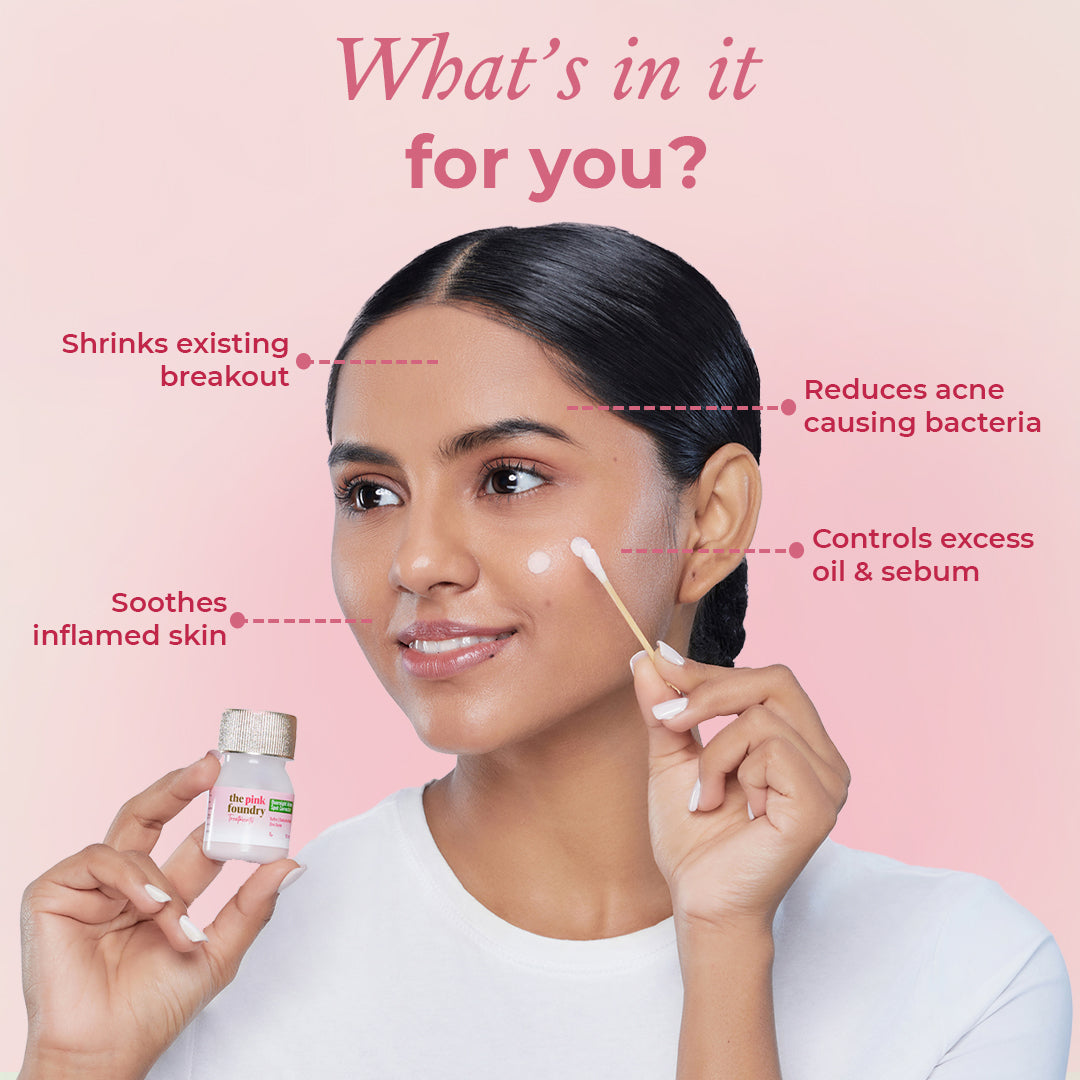


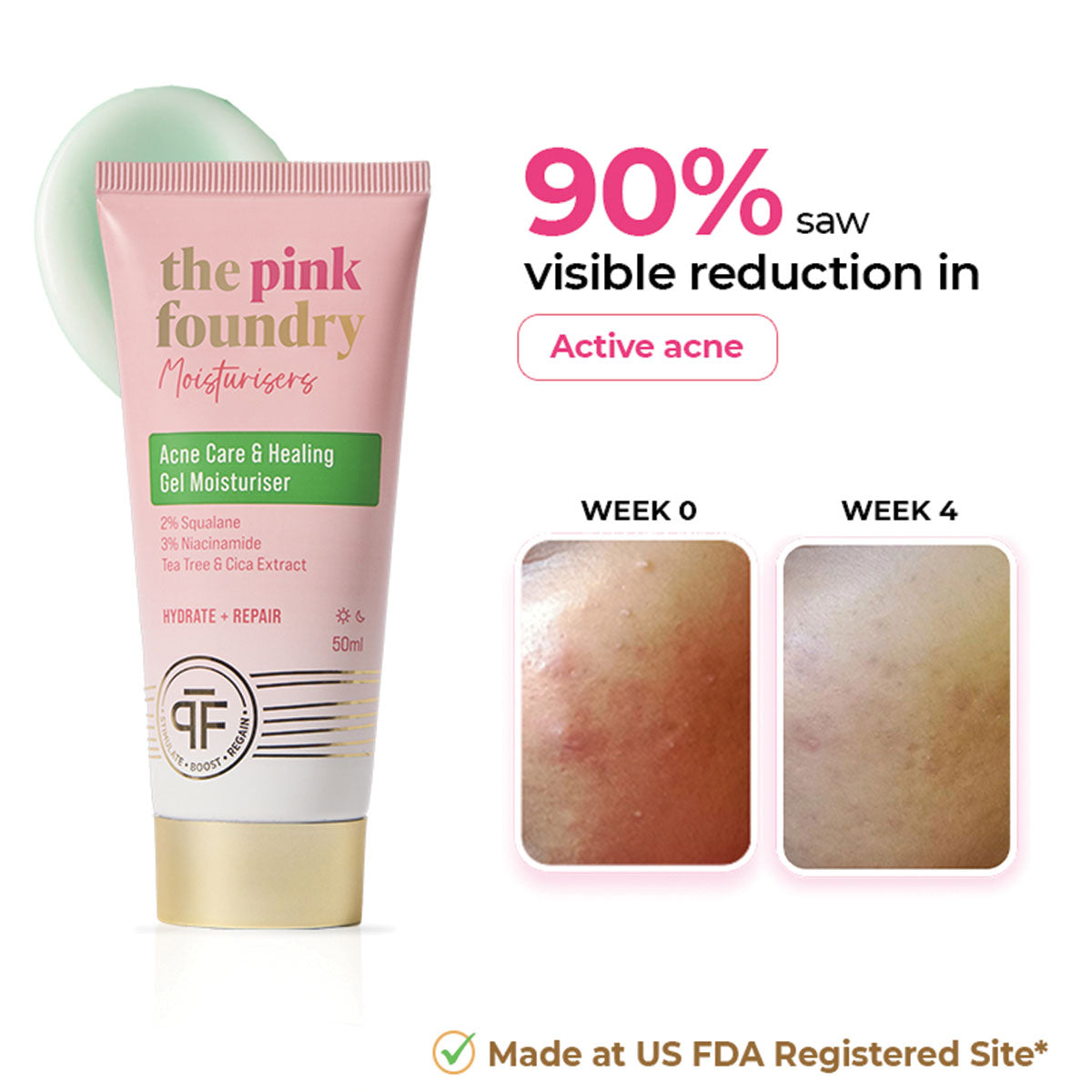
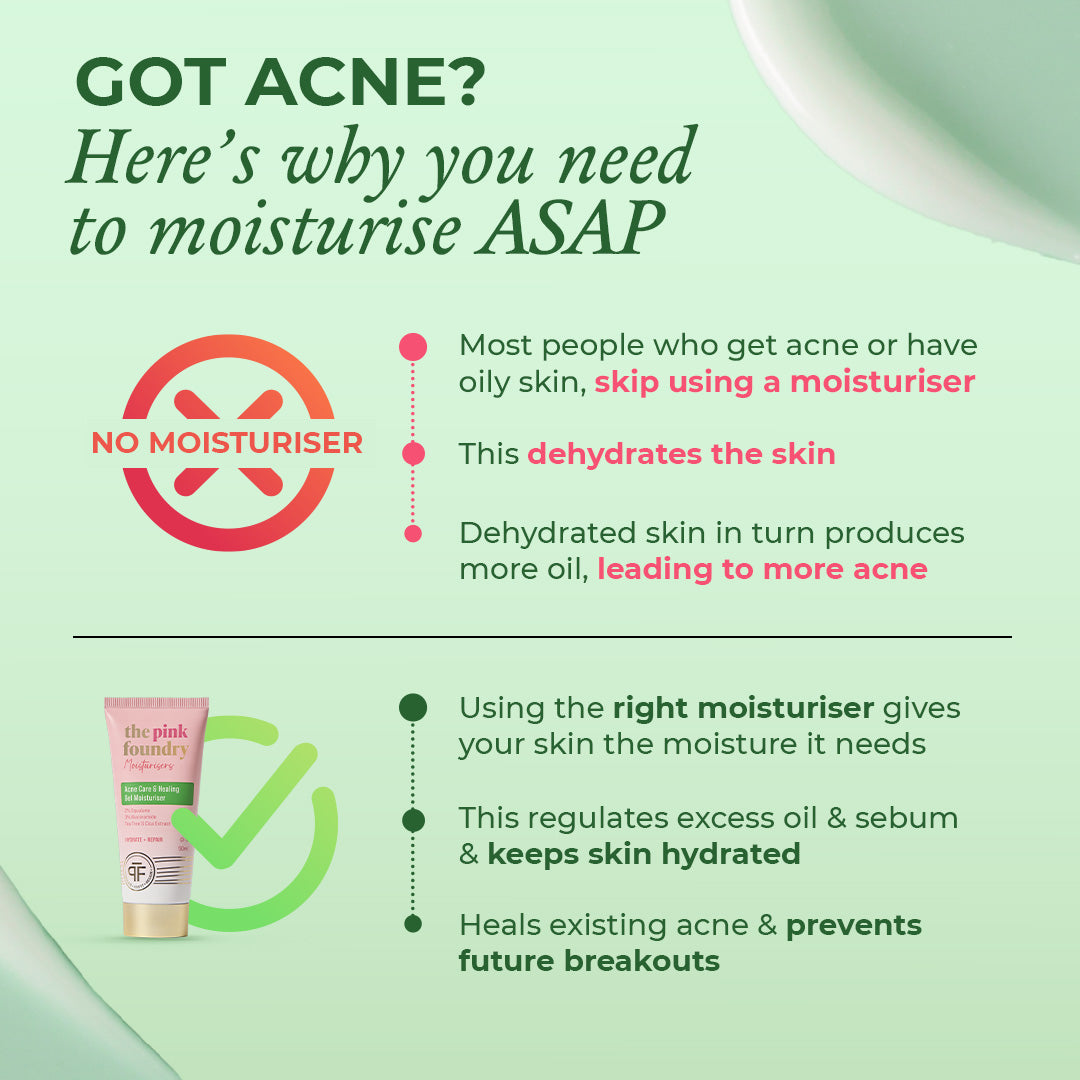










Leave a comment
This site is protected by hCaptcha and the hCaptcha Privacy Policy and Terms of Service apply.